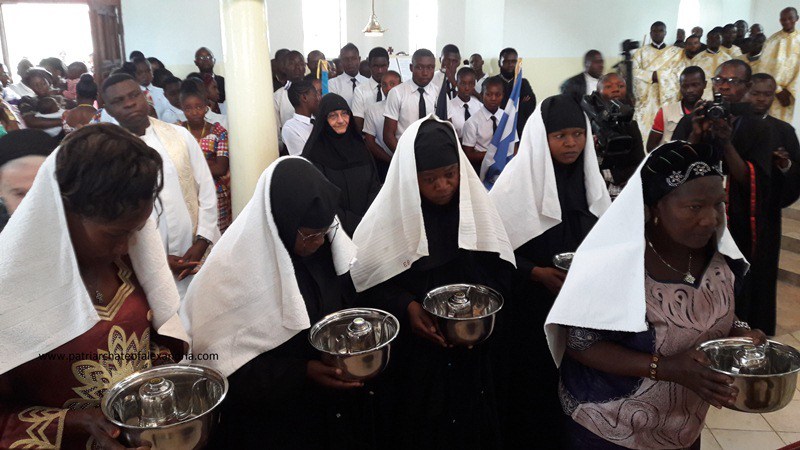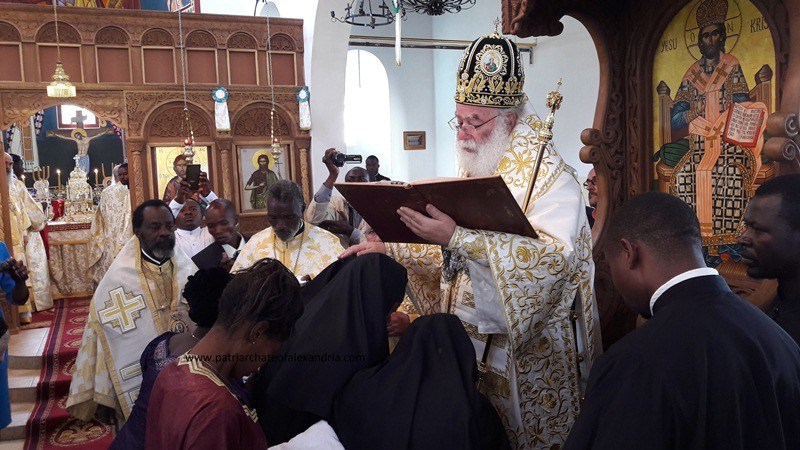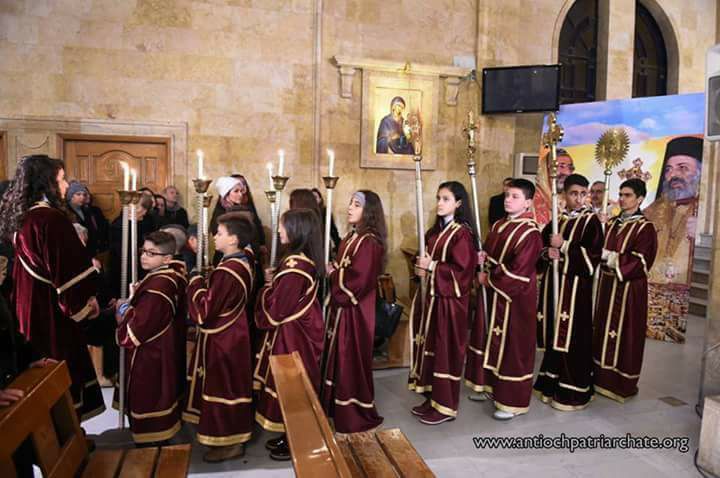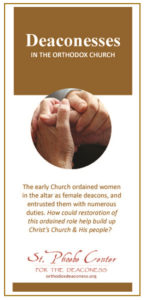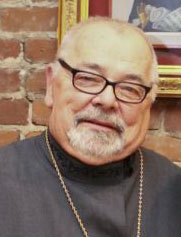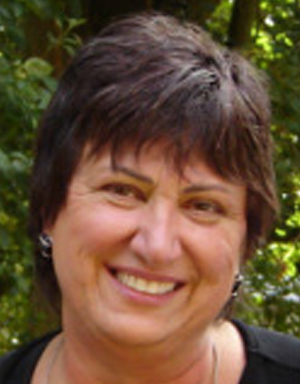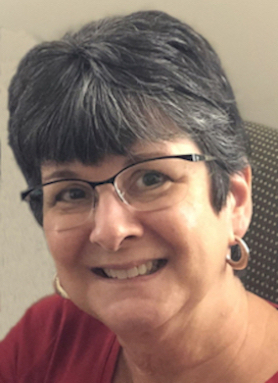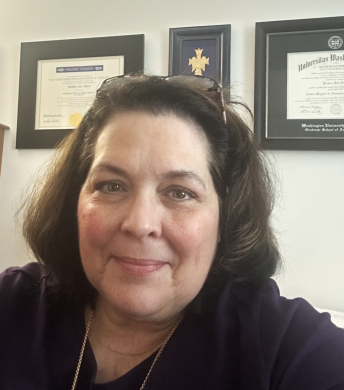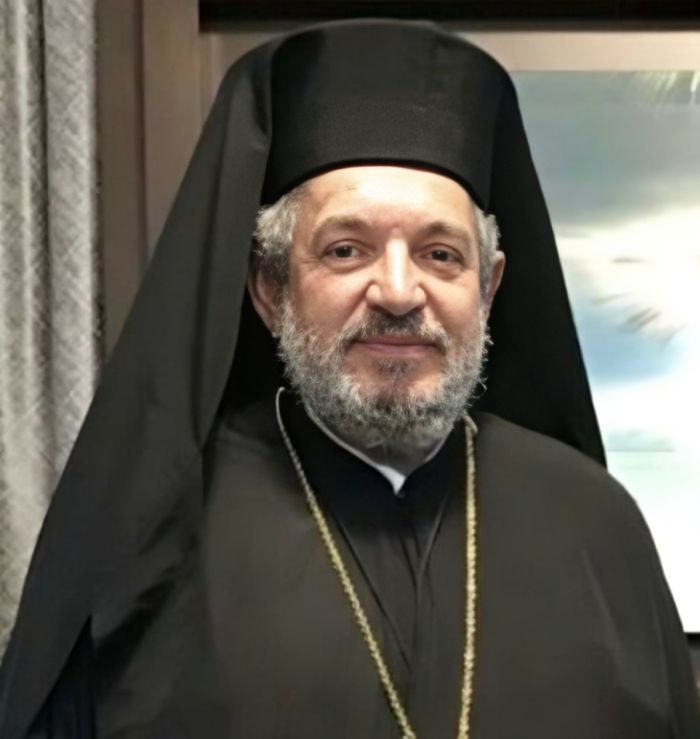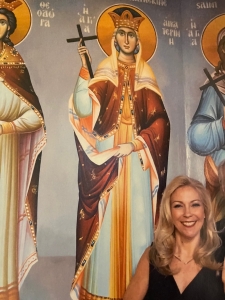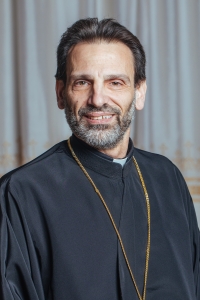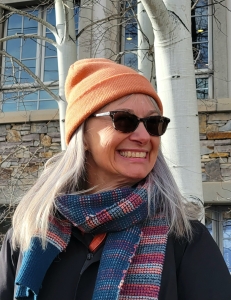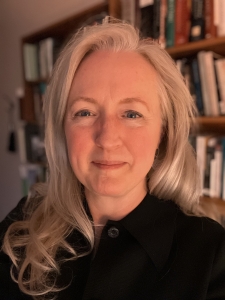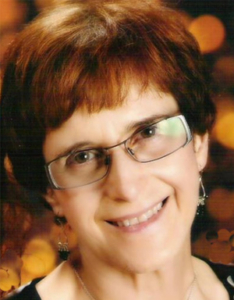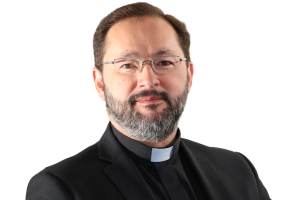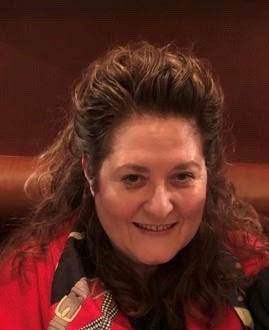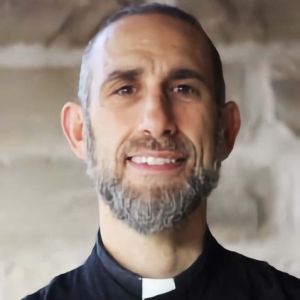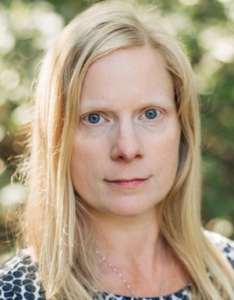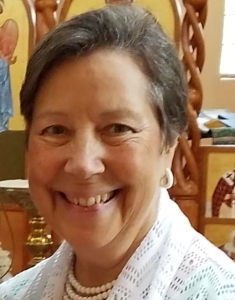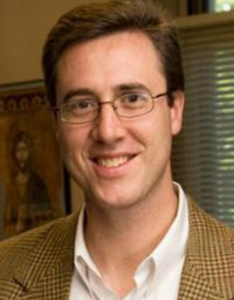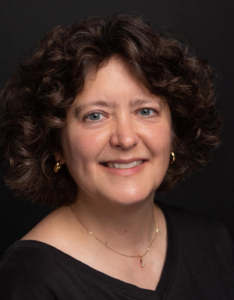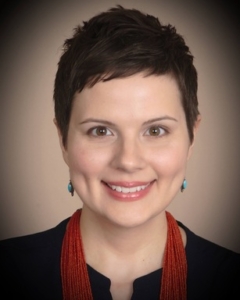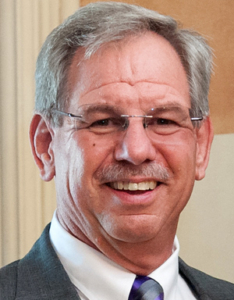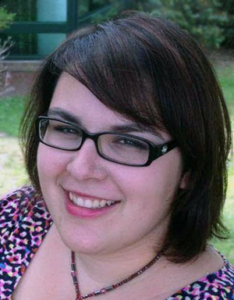“Women Willing to Offer Themselves”: The Historic Consecration of Deaconesses in Africa
by Carrie Frederick Frost, St. Phoebe Board Member
published in The Wheel Journal
March 2, 2017
Several Orthodox women were made deaconesses in Democratic Republic of Congo on February 17, 2017. Though this is a remarkable and historical event not just in African Orthodoxy, but in Orthodoxy the world over, it took about five days for this news to travel into English-speaking quarters of the Church. This time lag is indicative of both the lack of communication channels among international theologians and hierarchs and the independent character of each of the autocephalous Orthodox Churches. The Synod of Alexandria, which had moved in November of 2016 to pursue the revival of the female diaconate, needed neither permission from, nor consultation with any other part of the Church to grant these women diaconal ministry earlier this month.
The information on the consecration of the deaconesses is scant. It appears that they were not ordained into a major order (cheirotonia) because their consecration took place at the end of Liturgy (rather than during it) and because the photographs show the laying on of hands by His Beatitude Theodoros II, Pope and Patriarch of Alexandria and All Africa happening at his throne, rather than at the altar (as during an ordination). Instead, it is likely understood in the Synod of Alexandria that these women were blessed into a minor order (cheirothesia), more like the sub-diaconate. The association with the sub-diaconate is further evidenced by photos showing the women holding bowls like male sub-deacons hold during their reception into the sub-diaconate (and, at the end of Liturgy, present to the faithful the blessed water therein so that they may bless themselves). All these signs not withstanding, these women are being referred to as deaconesses, not sub-deaconesses.
The information about the women themselves is also scant. One woman is named, Theano, and is described as a “Catechist elder” and one of the first members of the mission staff at the Missionary Centre of Kolwezi. She was given the title, “Deaconess of the Missions.” It appears that five other women were also made deaconesses, and are understood to be entering “ecclesiastic ministry” to help with missionary efforts including adult baptism, marriage, and catechism. From these descriptions, it seems like Deaconess of the Missions Theano may have a different ministry from the five others, with their “ecclesiastic ministry,” which would be in keeping with the historical record which shows deaconesses performing a variety of tasks according to personal talents and local needs.
Three of the newly consecrated deaconesses are nuns, and, from the photos, none of the deaconesses appears to be particularly long in years. This is of significance because the canons on the books about deaconesses call for a forty years of age minimum, and any revival of the female diaconate must address whether this restriction applies to today’s circumstances and needs.
As the apostles and the early Christians knew well, it is never easy to be the first person, or first group of people, to do something. This move to consecrate deaconesses in the Synod of Alexandria took courage. It took the courage of the Synod, as well as the courage of its leader, His Beatitude Theodoros II, who consecrated these women himself. It took the courage of the local hierarch, Metropolitan Meletios of Katanga. But the courage that is most luminous is that of these women themselves, who are stepping forward into entirely unchartered territory in their Church and in their communities.
An extant ordination rite for deaconesses states, “O Lord and Master, you do not reject women who are willing to offer themselves, in so far as it is fitting, to minister in your holy houses, but rather you accept them into the rank of ministers.” Deaconess of the Missions Theano and her sister deaconesses are truly “women who are willing to offer themselves.” It is my prayer that they are gracefully and lovingly accepted into the ranks of ministers, and that more women soon join them in Africa, and around the Orthodox world.

